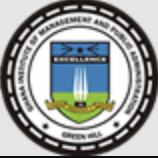Introduction to the Ghana Institute of Management and Public Administration (GIMPA):
Introduction
The Ghana Institute of Management and Public Administration is an influential institution of higher learning in Ghana. It is committed to training professionals in the field of management and public administration for Ghana and other regions, and plays an important role in academic research, talent training and social services.
History and establishment time
Establishment time: In 1961, it was jointly established by the Ghana government and the United Nations Special Fund. It was originally named the Institute of Public Administration to provide professional training for Ghana's civil servants.
Development history: In 1966, the United Nations officially handed over the institute to the Ghanaian government. In 1969, the institute was re-designated as the Ghana Institute of Management and Public Administration to reflect its expanded functions. In 2004, it became a public university through an Act of Parliament.
School strength
Student size: There are more than 10,000 students studying here.
Course settings: A wide range of courses from certificate courses to doctoral degrees are offered, covering business management, public administration, law, technology and other fields.
Faculty: It has a highly qualified faculty, including professors and scholars with rich experience and expertise in their respective fields.
International recognition: The academic programs are accredited by the National Accreditation Board of the United States.
Nature of the institution: Public university.
Educational philosophy
Vision: Position itself as a center of excellence, focusing on capacity building in leadership, management, public administration and sustainability to support the socio-economic development of Ghana and Africa.
Mission: To cultivate outstanding civil servants, private sector and non-governmental organization leaders with a strong sense of humanities to support the sustainable development of the country.
Key laboratories and disciplines
There is currently no public information about the school's key laboratories. The key disciplines are as follows:
School of Business: Accounting, Finance, Marketing, Business Administration, Human Resources Management, Procurement and Supply Chain Management, Hotel Management and Tourism Management, Project Management and other majors.
School of Public Service and Governance: Public Administration, Public Health, Development Finance, Governance and Leadership, Development Management and other majors.
School of Law: Law major.
Faculty
The school has six faculties:
School of Business: Offers business management courses at undergraduate and graduate levels.
School of Public Service and Governance: Focuses on teaching and research in the field of public administration and governance.
School of Law: Cultivates legal professionals.
School of Technology: Provides technology-related courses and training.
School of Humanities and Social Sciences: Covers multiple fields of humanities and social sciences.
Graduate School: Responsible for managing and coordinating the school's graduate education.
Ranking
There is no particularly authoritative comprehensive ranking of the school internationally, but in Ghana, it has a high reputation and influence in the field of management and public administration.
Study Abroad Cost
There is currently no accurate public information on the school's study abroad costs, and tuition fees may vary depending on the course and level of study.
Campus Environment
Campus Distribution: It has four campuses, located in Accra, Tema, Kumasi and Takoradi, and the main campus is the Greenhill Campus in Accra.
Teaching Facilities: The school has modern teaching facilities, such as libraries, laboratories, classrooms, computer centers, etc., to provide students with a good learning environment.
Living Facilities: The campus is equipped with dormitories, canteens, sports facilities and other living facilities to meet the daily needs of students.
Campus Culture: The campus culture is rich and colorful, with various student clubs and organizations that hold cultural activities, academic lectures, sports competitions and other activities.
-
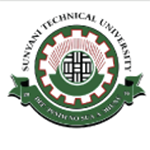
Sunyani Technical University
-
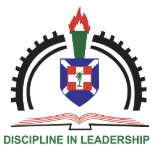
Presbyterian University College
-
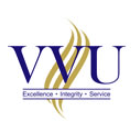
Valley View University
-
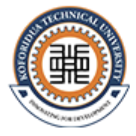
Koforidua Technical University
-

Garden City University College
-

Ghana Institute of Journalism
-
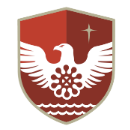
Central University
-
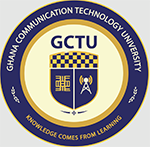
Ghana Telecom University College
-
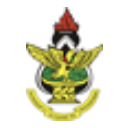
Kwame Nkrumah University of Science and Technology
-
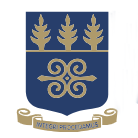
University of Ghana
-

Mesoamerican University
-

Istmo University
-

Mariano Galvez University of Guatemala
-

Regional University of Guatemala
-

Galileo University
-

Francisco Marroquín University
-

Rafael Landívar University
-

University of the Valley of Guatemala
-

University of San Carlos of Guatemala
-

Technological Institute of Tlaxcala Plateau
-

Golfo University
-

Technological University of South Sonora
-

Technological University of Huejotzingo
-

Tizimín Institute of Technology
-

Chilpancingo Institute of Technology

